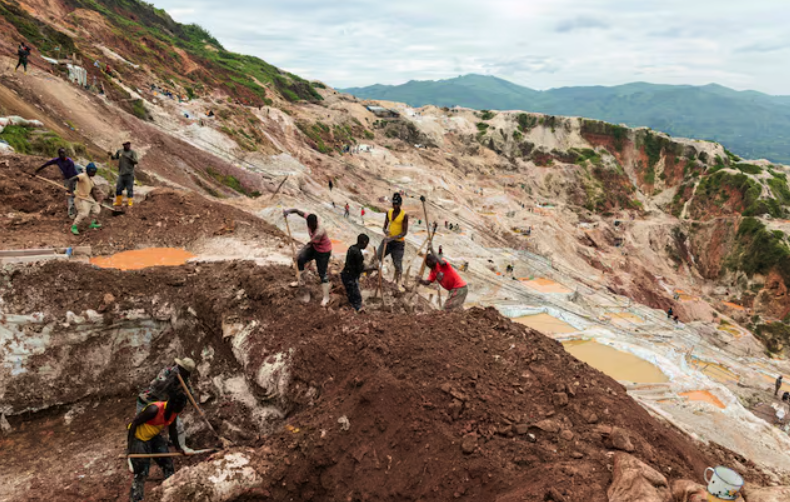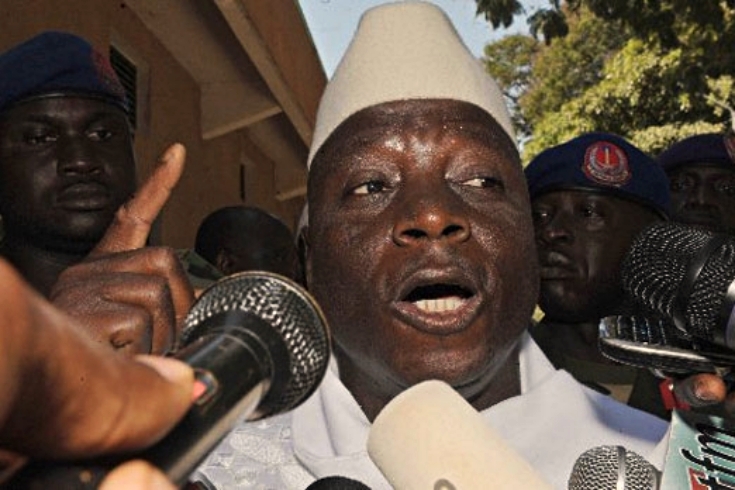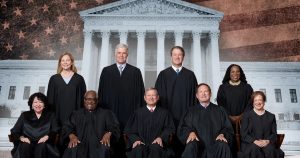Gambiaj.com – (Banjul, The Gambia) – The establishment of a special tribunal to prosecute crimes committed during the 22-year rule of former Gambian president Yahya Jammeh marks a pivotal moment for the Economic Community of West African States (ECOWAS). Approved on December 15 at ECOWAS’s 66th Ordinary Session in Abuja, the tribunal is not only a milestone for justice in The Gambia but also a significant test of ECOWAS’s commitment to protecting the rights of ordinary citizens, according to prominent Gambian attorney and human rights advocate Salieu Taal.
“This decision is historic and unprecedented,” Taal, a former president of the Gambian Bar Association, told Jeune Afrique. “For the first time, ECOWAS is supporting the creation of a court of this nature—one that is Gambian at its core but reinforced by international support.”
A Tribunal Rooted in Gambian Justice
The tribunal, modeled after the Extraordinary African Chambers that prosecuted former Chadian leader Hissène Habré in Senegal, will primarily operate in The Gambia. It aims to balance local judicial capacity with international oversight. While most cases will be handled domestically, high-profile ones, including Jammeh’s, could be tried abroad.
“We have designed a court that serves Gambian justice but incorporates international elements where necessary,” Taal explained. “This is not about creating an international tribunal that fades into obscurity after its mission is complete. It’s about building a lasting institution that strengthens our judiciary.”
ECOWAS’s Opportunity to Prove Itself
The tribunal comes amid ongoing criticism of ECOWAS’s perceived bias toward safeguarding the interests of West African leaders rather than addressing the concerns of their citizens. Taal believes the tribunal represents an opportunity for ECOWAS to reshape its image and reaffirm its commitment to justice.
“Some see ECOWAS as an organization that primarily protects heads of state,” Taal noted. “By supporting this tribunal, ECOWAS has the chance to demonstrate that it also protects citizens’ rights, even when those rights have been violated by their leaders.”
The regional body, which operates its own Court of Justice to uphold human rights, has faced a crisis of legitimacy in recent years. The tribunal for Jammeh-era crimes could help rebuild trust, showcasing ECOWAS as an entity willing to hold leaders accountable for abuses.
Challenges Ahead
Despite the progress, significant hurdles remain. Chief among them is securing the extradition of Jammeh, who has lived in Equatorial Guinea under the protection of President Teodoro Obiang Nguema Mbasogo since fleeing The Gambia in 2017. Obiang has previously stated he would not hand Jammeh over to foreign courts, but Taal remains cautiously optimistic.
“We are not talking about a Western court or the International Criminal Court,” Taal emphasized. “This is an African solution to an African problem. With ECOWAS’s backing, I hope the regional community will exert the necessary pressure.”
Other challenges include managing public expectations and addressing the fading memories of victims and witnesses after more than two decades. The Truth, Reconciliation, and Reparations Commission (TRRC), which laid the groundwork for the tribunal, documented harrowing accounts of human rights abuses but did not guarantee convictions.
“Just because someone appeared guilty during TRRC hearings does not mean the tribunal will have sufficient evidence for a conviction,” Taal warned. “We need to build a collaborative, transparent, and inclusive court rooted in the rule of law.”
A New Chapter for Justice
The tribunal signifies a turning point not just for The Gambia but for Africa’s approach to justice and accountability. As Salieu Taal highlighted, the initiative reflects a broader shift towards addressing impunity through regional mechanisms.
“This is about giving justice a chance—about proving that African nations can hold their leaders accountable,” he said. “If ECOWAS succeeds, it will send a powerful message: that no leader is above the law and that the organization is here to protect its people, not just its presidents.”
As ECOWAS and The Gambia move to establish the tribunal, all eyes will be on whether the regional body can deliver on its promise of justice and whether Jammeh will finally face the legal reckoning so many Gambians have long awaited.
Source: Jeune Afrique










